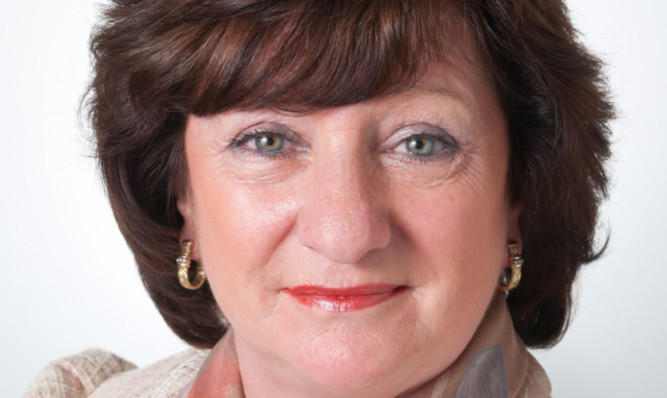A senior Scottish business leader has warned firms to expect an increase in finance costs in the next year.
Liz Cameron, chief executive of Scottish Chambers of Commerce, was speaking as the Consumer Prices Index showed inflation rose by 0.1% to 1.3% last month.
Figures from the Office for National Statistics showed the rate would have been 0.3% higher but for falling food and petrol prices.
Last week the Bank of England said it expected CPI to drop below 1% over the next six months, a trigger point which would require governor Mark Carney to write a letter of explanation to the Chancellor.
The bank’s target figure for inflation is 2% and the rate has been below that figure for 11 months now.
The low inflation environment coupled with gloom over the world economy has led economists to push back expectations for when the bank will raise interest rates from 0.5% to as far as 2016.
“Inflation continues to remain significantly below the UK Government’s target, and the Bank of England is expecting this to continue for some months to come,” Ms Cameron said.
“The economic recovery in Scotland has been pretty solid this year but, as the Prime Minister has pointed out, there are headwinds on the horizon as a result of the relative weakness of several key international markets, not the least of which is the eurozone.
“Whilst we expect that interest rates are likely to begin a process of normalisation in the latter part of 2015, it is clear that inflation is, for now, under control.
“As businesses approach the next year, however, they should expect that the cost of finance may begin to increase in the medium term.”
The Retail Price Index measure of inflation, which includes housing costs, remained unchanged at 2.3% yesterday.
Chief Secretary to the Treasury Danny Alexander said: “Consistently low inflation helps give businesses the confidence to invest, as well as helping with family budgets.”
However, Markit chief economist Chris Williamson said a long-term low inflation environment brought significant risks.
“The concern at the Bank of England is that low inflation could turn into deflation, inducing another economic slump as consumers defer purchases in the hope of lower prices in the future,” Mr Williamson said.
“The bank’s main priority is therefore to ensure that economic growth remains robust in coming months to stop inflation falling even more than currently projected, which suggests any hike in interest rates remains a long way off.”
Howard Archer, of IHS Global Insight, added: “The slight rise in consumer price inflation to 1.3% in October will do little to dilute recently markedly increased belief that the Bank of England will not be raising interest rates before the final months of 2015.”
